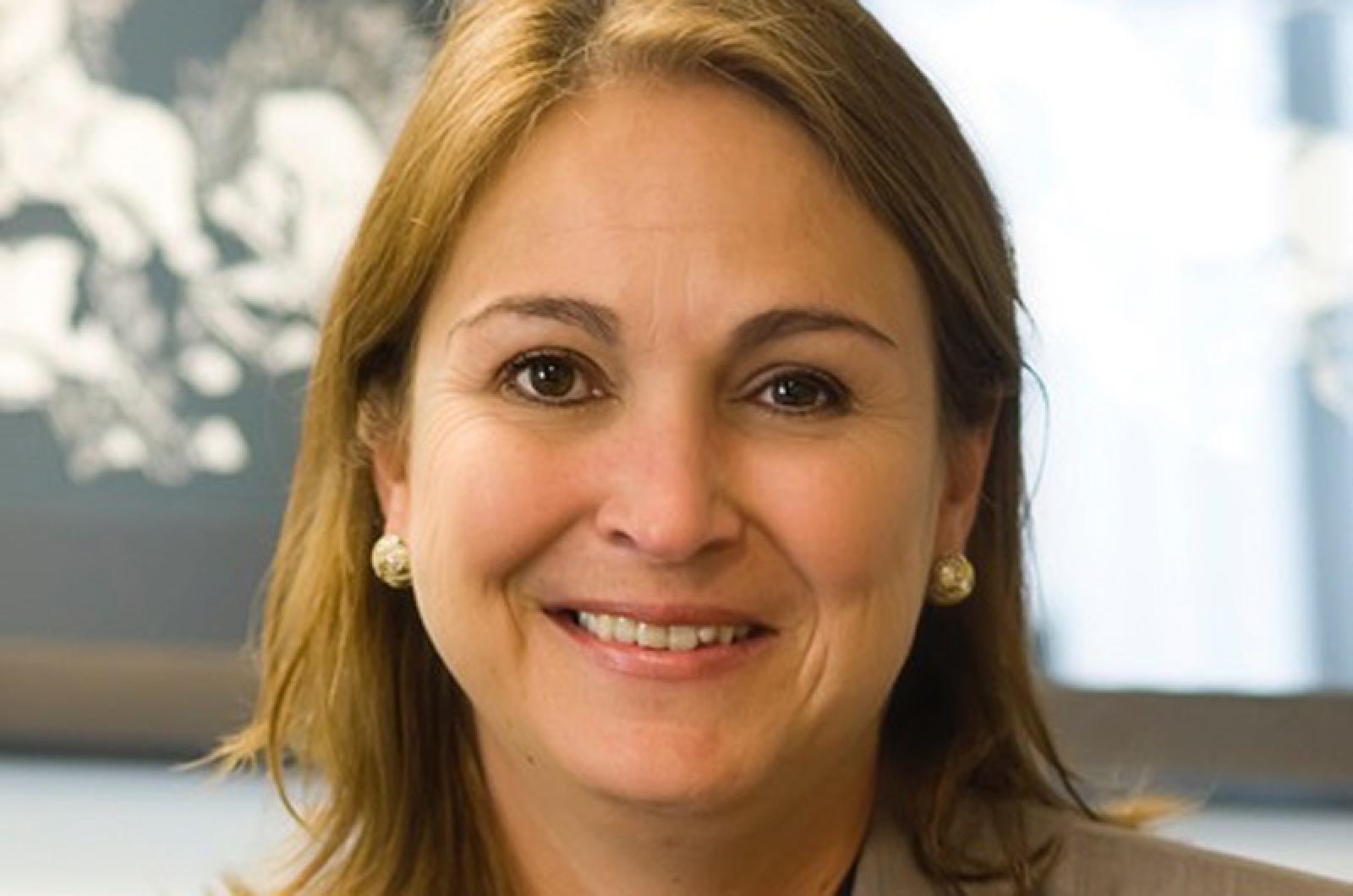A health care administrator with 30 years of experience in academic medical centers and community hospitals has been named the new president and chief executive officer at the Martha’s Vineyard Hospital.
Denise Schepici will take the helm Jan. 17.
Hospital trustees voted unanimously to select Ms. Schepici at a meeting on Dec. 28, a press release said.
Ms. Schepici is the former chief administrative officer at the MetroWest Medical Center. Before that she was executive vice president and chief administrative officer at the North Shore Medical Center, formerly Salem Hospital. She began working at Salem as a technician in the cardiac catheterization lab when she was a senior in college.
She replaces interim president and CEO Timothy Walsh, who returned from retirement following the firing of president and CEO Joe Woodin last June.
Speaking to the Gazette by phone Thursday, Ms. Schepici said she is excited to take the helm at the Island’s only hospital.
“I’m thrilled. I keep pinching myself,” she said.
She grew up in East Boston and was educated in Boston schools. She holds a bachelor’s degree from the Boston University Sargent College of Allied Health and a master’s degree from the Boston University School of Public Health.
In her most recent job at MetroWest, she began as chief operating officer and was groomed to become the successor to the chief executive officer. Her job title at the center eventually became chief administrative officer — essentially the top job. “Call me what you want, I was CEO . . . CAO is a title they sometimes use when you’re part of a larger market,” she said. “I had all the authority and accountability to the board . . . the buck stopped with me. We’re all leaders, I tell my managers, we all need to lead the organization.”
Ms. Schepici, who is 60, left her job at MetroWest in July.
She has summered on the Vineyard since college. She and her husband Anthony live in Vineyard Haven, where they have owned a home since 2003. “It was always our intention to be part of the Vineyard permanently,” she said.
Ms. Schepici declined to outline a specific agenda because she has not officially started her job yet.
“I have a lot of enthusiasm for the process,” she said, among other things praising Julie Fay, executive director of Community Services. “I’m interested in how we can overlap and intersect [with Community Services] on the things that are right for this community,” she said, adding: “Hospitals can’t be all things. There’s a role and a place for a service; sometimes there is better expertise outside the hospital. We just have to look at how we optimize each other. There’s going to be some overlap . . . . the rest is just the daily work of the hospital, something I’ve done for 30 years.”
She acknowledged that many challenges lie ahead for the Vineyard hospital, beginning with the need to improve community relations, a running theme all summer following the abrupt termination of Mr. Woodin, who had been on the job for just 13 months.
“It’s shocking,” Ms. Schepici said, speaking of the hospital’s longstanding struggle to maintain good community relations. “Hospitals are a vital part of the community. I’ve never worked in a hospital where we didn’t have a good relationship with the community — you go hand in glove.” She continued:
“You have to be fiscally responsible . . . we are so highly regulated, and you have to protect people’s privacy, for employees as well as patients. But for me the most important thing is, number one, that we give the best patient care. I wouldn’t have taken the job if I thought the quality of the care was low.”
Ms. Schepici also said: “You have to form a relationship with the right people. Leaders tend to avoid the press because they don’t like to be quoted out of context. They worry about the newspaper trying to create a story, looking for headlines. But you have to open the door, let them come in and tell the truth. I believe in transparency but I also believe in making sure that the right story gets told. “The fact of life is you’re trying to create a culture of safety in the hospital. Transparency and openness are key to that.”







Comments (13)
Comments
Comment policy »